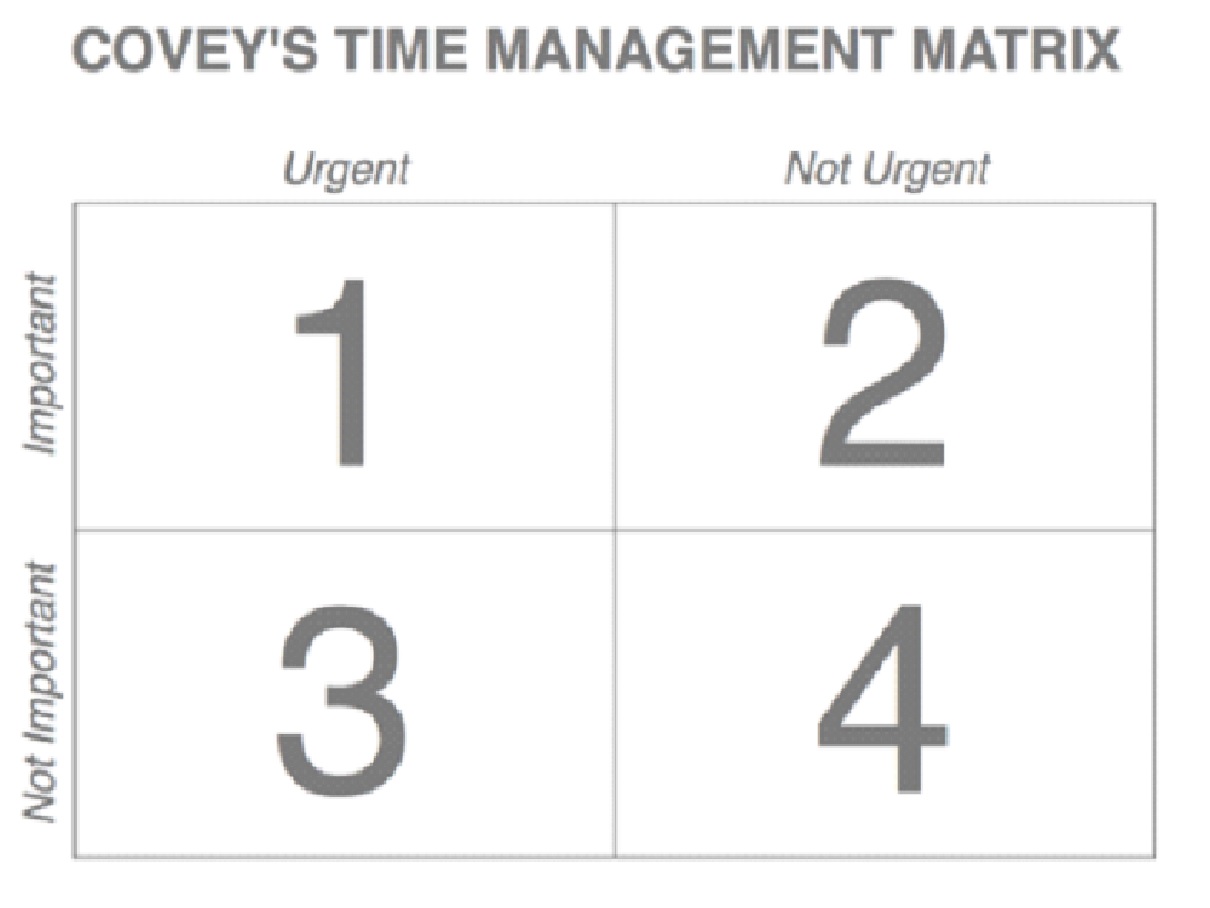Coaching is about facilitating reflective learning. This is a really powerful tool for getting people to develop personal skills, capabilities, and become more engaged and motivated in their role.
One of the key processes is to give people the opportunity to learn about themselves – to walk them through the process of thinking about things they’ve maybe not thought about before. This discovery process can be is a really exciting part of the coaching process for many coachees and coaches – supporting them through the process of starting to know what they didn’t know they didn’t know (Jahari window).
One of the best ways I’ve found of providing structure for coachees around this is to set ‘noticing’ homework between sessions. To introduce simple ideas and models during the sessions and suggesting that they will start to notice things about themselves and their behaviours relating to those models and asking them to talk about what they found out at the next session.
These can be very simple models. One of my favourites is Cover’s Time Management Matrix.
The approach I take is to ask if I can share an idea with the coachee. I’ll then draw the 4-box grid and talk through it as I draw it.
I might comment that balancing the right amount of attention and time to all the boxes is a good indicator of a successful leader. A leader needs to be doing the right things at the right time in box 2 – including the planning and also making sure the relationships with team members are effective and there is enough awareness (on the part of the coachee) about what’s happening for them.
I would say something like – ‘It would be really interesting if you could notice where you are spending your time in relations to these boxes and come back to our next session with some thoughts on whether it’s always the right amount of time or if you’d like to make any changes’.
This is a simple time management grid and a simple idea – but it’s a great starting point to support the thinking of a coachee around setting goals/outcomes and where they’d like to focus and best use their coaching sessions. This discovery phase can be a very rich experience for coachees as they start to make decisions about what they’d like to change, do differently, focus their attention on etc. introducing business models can be really useful for supporting this process. There is a wealth of very simple models and ideas that can be used like this.
I would definitely recommend coaches who work in organisations flicking through leadership literature now and again – business balls in a great online resource as well. You’d be surprised how much of what you might find can be repurposed as ‘noticing homework’ for your coachee!
Matt
HumanTechnics

